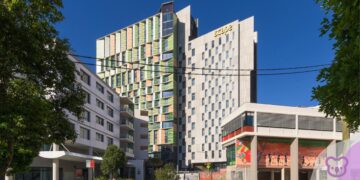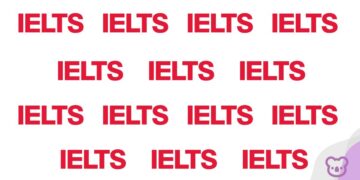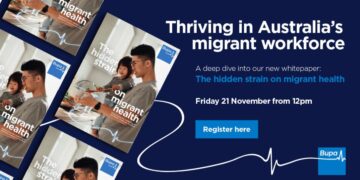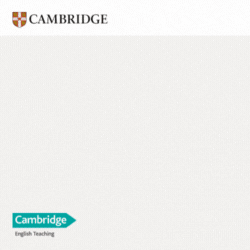Today is World Sleep Day, and Scape, a leading student accommodation provider, has partnered with headspace, Australia’s National Youth Mental Health Foundation, to raise awareness about the impact of poor sleep on Gen Z’s mental health and wellbeing. Together, they are advocating for better sleep habits, especially among young people aged 18–24.
Bad sleep habits, excessive screen time and stress are all contributing factors to Gen Z not getting enough Z’s, with research confirming that nearly 50 percent aren’t getting enough sleep on average and that the impact beyond poor concentration, memory retention and mood swings, can bridge as far as to physical manifestations, such as increased risk of developing chronic diseases like diabetes and heart disease, weakened immune systems and an overall reduction in physical performance, all with the potential to significantly impact daily life and lead to long-term health issues.
It’s an issue this little Koala can attest to.
Jason Trethowan, CEO of headspace, highlighted the importance of sleep in supporting mental health, noting, “Quality sleep is so important for our mental health – it helps improve concentration, manage stress, and build resilience. At headspace, we know that sometimes it can be hard for young people to get good sleep, but developing healthy habits and getting support can help. We want to help more young people prioritise rest, improve their wellbeing, and set themselves up for success.”
A recent poll* among students found that 41 percent aren’t sleeping the advised 7-9 hours per night, and close to one in six are using tech before bed (17.9%). Endless scrolling is also a major contributing factor to poor sleep, (around 40% or nearly one in two) as is caffeine consumption, with nearly 50 percent report regularly consuming caffeine before bed.
Dr Monique Akouri, Head of UNSW Health Service, Student Health & Wellbeing, said, “As a GP at UNSW I see Gen Z patients on a daily basis who are burning the candle at both ends and not getting enough sleep. We know Gen Z students are interested in self-care, yet when it comes to sleep it seems to end up at the bottom of the priority list.”
“We need young people to think of sleep as part of their daily routine, to think about quality sleep and quantity because consistent, high-quality sleep directly impacts concentration, memory retention, emotional resilience, and mental health – all essential for young people, particularly students, striving to achieve their best,” she added.
Anouk Darling, CEO of Scape, echoed the sentiment, and acknowledged it as shared burden to tackle. “As a leading provider in student accommodation we are acutely aware of the wellbeing challenges facing Gen Z and the correlation between better sleep and better living,” she said.
“At Scape, we believe rest is more than just a necessity – it’s a game-changer for wellbeing, academic achievement, and overall happiness. By providing our residents with sleep-friendly environments and practical resources, we aim to create a culture where rest is not just encouraged but celebrated,” she added.
While students living in supportive, purpose-built environments report stronger connections, healthier habits, and better sleep than the national average, poor sleep still impacts around one in two students, reinforcing the need for initiatives like this one.
To help spread the word, Scape are hosting multiple activities today, to support World Sleep Day. These are across their Sydney, Melbourne, Brisbane, and Adelaide sites, as part of a nationwide activation designed to highlight the importance of sleep health. The initiative will feature sleep coaching, providing expert guidance on how students can optimise their rest to improve mental wellbeing, academic performance, and general happiness. Students and staff will also be encouraged to wear their pyjamas for the day and embrace some extra ZZZs.
How Students Can Get Involved on World Sleep Day
Tertiary Education students across Scape’s residences and participating campuses can join the movement by:
- Wearing pyjamas to class to spark conversations about sleep health. Some universitiespartnering with Scape are University of New South Wales, University of Sydney,University of Adelaide and RMIT UP.
- Attending pop-up sleep coaching sessions for expert tips and one-to-one advice.
- Accessing exclusive digital resources from Headspace tailored to Gen Z’s unique sleepchallenges.
- Engaging in social media challenges and giveaways using #MoreZZZs
For more information on World Sleep Day and Scapes activities see here.

















